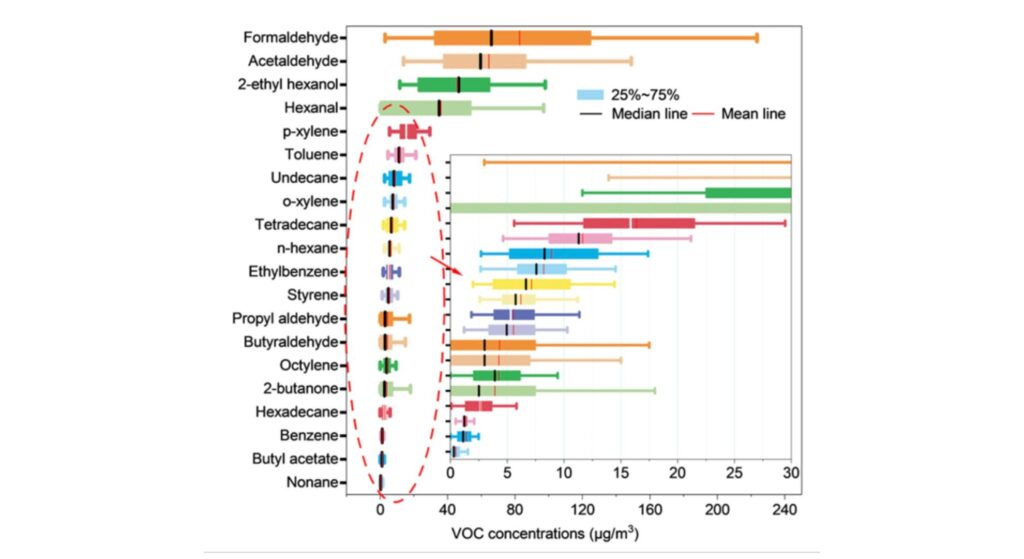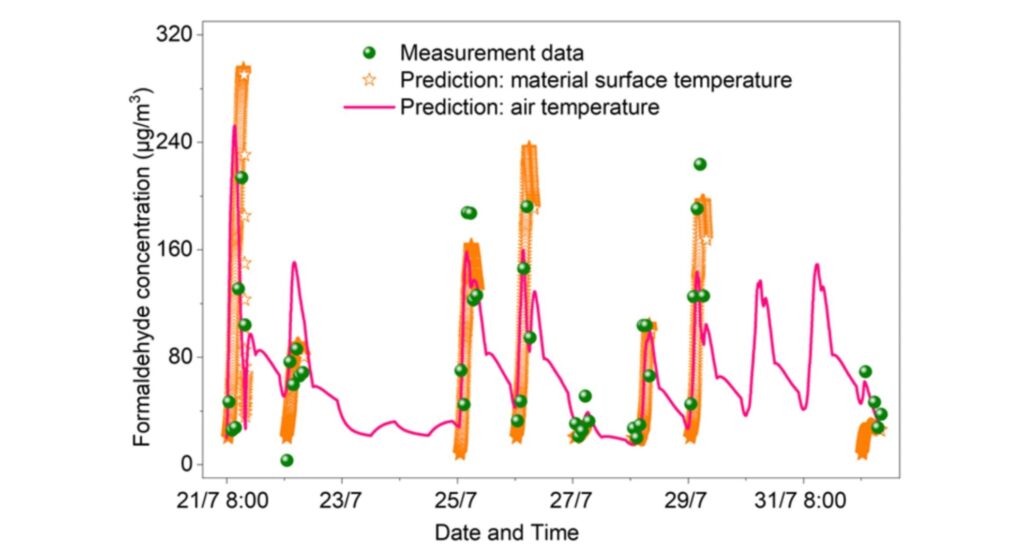Picture this: you’re in the market for a new car and you finally find the perfect one. You hop in, breathe in that sweet, new car smell, and feel like a million bucks. But did you know that scent could come at a cost to your health?
New research from China and the US shows that cancer-causing chemicals lurk in that new car parked outside for just 12 days. Levels of formaldehyde, acetaldehyde, and benzene are among the chemicals found to be harmful when absorbed through your skin, ingested, or inhaled.
To break it down for you, formaldehyde, which is found in disinfectants and gas stoves, was found at levels 35 percent higher than Chinese national safety standards. Acetaldehyde, a probable carcinogen, was present at levels 61 percent higher than safe limits. Benzene, a carcinogen found in paints, petrol, and cigarettes, also reached unsafe levels for drivers who spend long hours in cars, but not their passengers.

According to the study, when a car is new, it off-gases and releases volatile organic compounds into the air which can be dangerous when absorbed through your skin or inhaled. The researchers used gas chromatography-mass spectroscopy to determine the concentrations of 20 chemicals at different time points, taking air samples from a mid-sized SUV made of plastic, imitation leather, woven cloth, and felt. They found that the levels of the harmful chemicals fluctuate cyclically, affected mainly by the temperature of the car’s surfaces.

So what’s the solution? Well, for starters, you might want to think twice about buying a brand-new car. Instead, consider opting for a second-hand vehicle or using alternative forms of transport. And if you’re in a position to do so, try to walk or bike instead of drive whenever you can. It might not smell like money anymore, but your lungs will thank you for it.
Other POP! stories that you might like:
Dogs living in the radioactive site of Chernobyl have altered genes, study finds
Disney is being criticized for Lilo & Stitch remake casting
‘This is my body’: Rachel McAdams shows off armpit hairs in ‘minimally retouched’ photoshoot
The information overloading of the ‘Glass Generation’
Japanese café fires waitress for serving cocktails with her blood as requested by a customer



